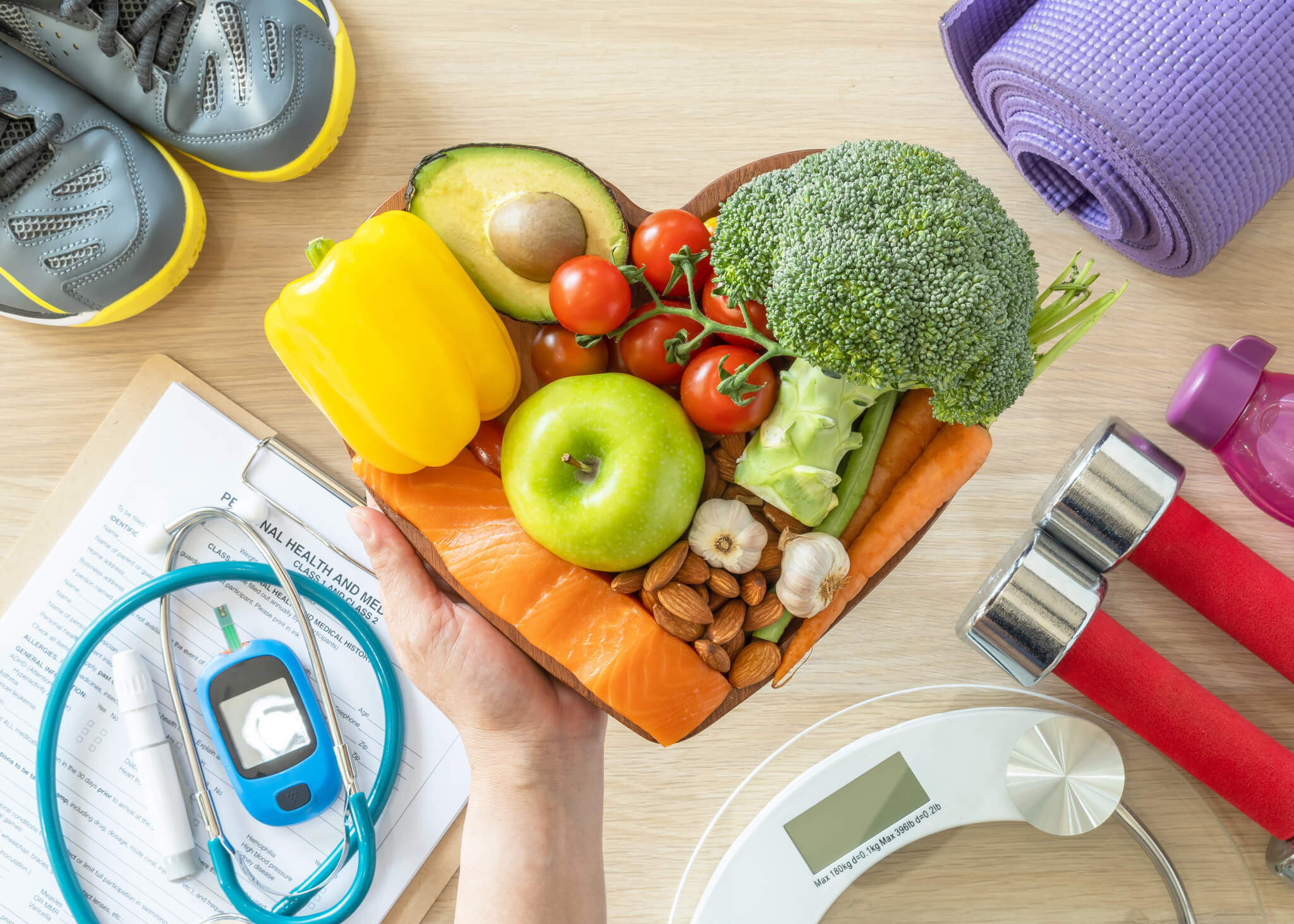Lifestyle Changes
Your daily habits play a big role in stroke prevention. The way you eat, move, and care for your body has a direct impact on your risk.
Diet
High cholesterol can increase your risk for stroke. Focus on a diet low in saturated fats and high in fruits, vegetables, whole grains, and fiber. If you're unsure where to start, speak with your doctor or a registered dietitian about building a stroke-smart meal plan.
Exercise
Just 30 minutes of movement a day—even a walk—can make a big difference. Physical activity helps lower blood pressure and cholesterol, supports heart health, and can improve your mood and mental health.
Alcohol
Drinking too much alcohol raises your blood pressure. The CDC recommends no more than one drink per day for women and two for men. If you find yourself drinking more than that, talk with your doctor about safer habits.
Tobacco
Smoking nearly doubles your risk of having a stroke. If you’re ready to quit, you don’t have to do it alone. Ask your healthcare provider about cessation programs, medications, or resources that can support your journey.
Managing Health Conditions
Some health issues may increase your risk for stroke, but they can often be managed with the right care. Staying on top of your health and following your provider’s advice can help protect your brain and body.
High Blood Pressure
Often called the "silent killer," high blood pressure usually shows no symptoms. Regular checkups are essential. Lifestyle changes and medication can help keep your blood pressure in a healthy range.
High Cholesterol
Too much cholesterol can clog your arteries and restrict blood flow to your brain. Get your levels checked every few years, and work with your provider on a plan to manage them through diet, exercise, and possibly medication.
Diabetes
High blood sugar can damage blood vessels and increase stroke risk. If you have diabetes, it's important to monitor your blood sugar levels and follow your treatment plan. If you don’t know whether you're at risk, ask your doctor for a screening.
Heart Disease
Certain heart conditions—especially those that cause irregular heartbeats or blood clots—can increase your stroke risk. If you’ve been diagnosed with heart disease, talk to your cardiologist about how to manage it safely.
Final Thoughts
Preventing stroke is about small, consistent actions. It’s never too early—or too late—to take charge of your health. Start with a conversation with your doctor and create a plan that works for you.


%20(2)%20(1).png)



